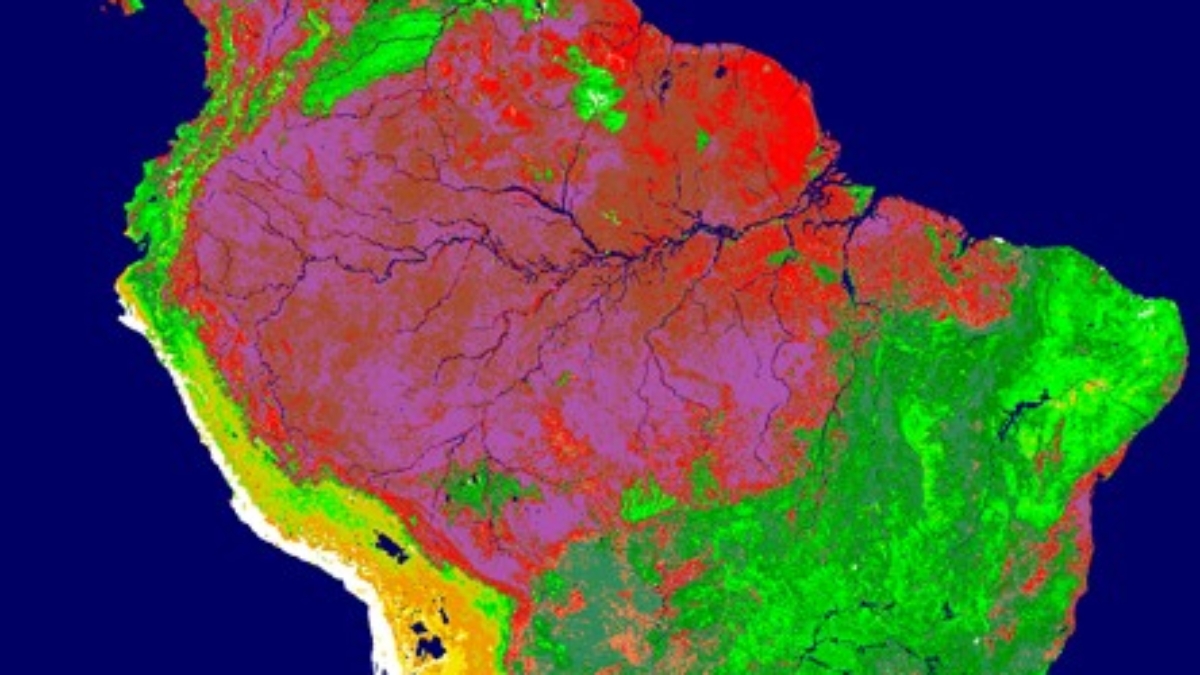LAB NEWS:

Virginia Tech News recently featured our research in the following article:
“Blacksburg, April 2014 – Three extreme weather events in the Amazon Basin in the last decade are giving scientists an opportunity to make observations that will allow them to predict the impacts of climate change and deforestation on the most important ecological processes and ecosystem services of the Amazon River wetlands.
Scientists from Virginia Tech, the Woods Hole Research Center, and the University of California Santa Barbara, funded by NASA, are collaborating with Brazilian scientists to explore the ecosystem consequences of the extreme droughts of 2005 and 2010 and the extreme flood of 2009.
“The research fills an important gap in our understanding of the vulnerability of tropical river-forest systems to changes in climate and land cover,” said the project’s leader, Leandro Castello, assistant professor of fish and wildlife conservation in Virginia Tech’s College of Natural Resources and Environment.
The huge study area encompasses 1.7 million square miles, the equivalent of half of the continental United States.
In addition to historical records and ground observations, the researchers will use newly available Earth System Data Records from NASA — satellite images of the Amazon and its tributaries over the complete high- and low-water cycles.
NASA is funding the study with a $1.53 million grant shared among the three agencies.
“Amazon floodplains and river channels — maintained by seasonal floods — promote nutrient cycling and high biological production, and support diverse biological communities as well as human populations with one of the highest per capita rates of fish consumption,” said Castello.
The researchers will look at how the natural seasonality of river levels influences aquatic and terrestrial grasses, fisheries, and forest productivity in the floodplains, and how extreme events such as floods and droughts may disturb this cycle.”

